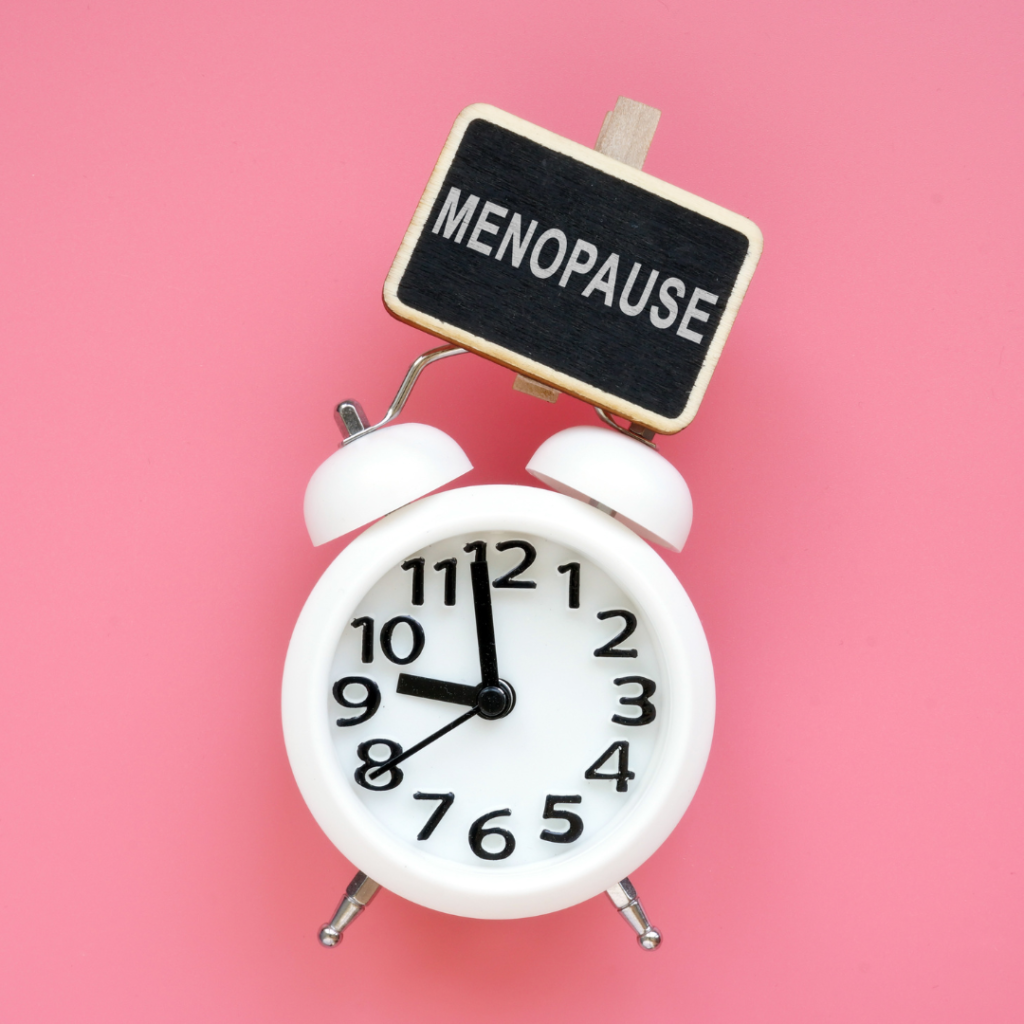Attention-deficit/hyperactivity disorder (ADHD) is a neurodevelopmental disorder that affects millions of people worldwide. While there are many factors that can influence the severity of symptoms on a day-to-day basis, one of the biggest determining factors is hormone levels. ADHD symptoms commonly worsen when hormones are changing including puberty, postpartum, prior to each menstrual cycle, and during menopause. This article will focus on ADHD and menopause.
How do hormones influence ADHD symptoms?
There isn’t a lot of research about women with ADHD and hormones, but the main theory is that the ADHD brain is more sensitive to hormone changes as well as to inflammation. This means that anytime hormones are fluctuating, ADHD women will be more likely to feel those effects. When estrogen goes down, there is a correlation in drop in both serotonin and dopamine, which can account mood changes and worsening of ADHD symptoms.
Perimenopause is the natural biological process leading up to menopause. During this time, women experience hormonal fluctuations, including a decrease in estrogen levels, which can affect their physical, emotional, and cognitive functioning. This hormonal shift can impact women with ADHD as well. In particular, the decline in estrogen levels can worsen ADHD symptoms, including inattention, distractibility, forgetfulness, and mood swings.
Is it menopause or ADHD?
The distinguishing factor as to whether symptoms are due to menopause or ADHD is when did they begin? ADHD is a life-long disorder and symptoms need to be present prior to age 12 to make the diagnosis (even if official diagnosis doesn’t occur until adulthood). Symptoms may worsen during perimenopause, but are present prior if it’s due to ADHD.
New symptoms of brain fog, irritability, mood swings, and difficulty focusing may be part of menopause, but are unlikely due to ADHD if they weren’t present prior to adulthood.
Treating ADHD and menopause
- Seek Medical Attention: If ADHD symptoms are wreaking havoc during perimenopause, talk to your doctor about your options, for a lab work up, and discussion of your symptoms.
- Simplify and de-stress: Simplify your life as much as possible. Menopause is a time of transition, and an opportunity to remove things that are no longer working or in-alignment with your values. Let go of what no longer serves you. Carve out time for rest and self-care.
- Hormone friendly diet protocol: Focusing on a high-fiber diet rich in legumes, vegetables (especially broccoli and raw carrots), whole fruits, potatoes, and whole grains can help to minimize hormone fluctuations that cause a lot of uncomfortable symptoms during menopause. Avoid refined sugar and flour, excess caffeine, and alcohol. If gut symptoms bother you or make eating a healthy diet challenging, work with a holistic provider to run some testing and see if there are any GI imbalances that need to be addressed.
- Watch Histamine: Hormone symptoms are often amplified by high histamine foods. If you notice hot flashes, moodiness, and sleepless nights from wine, bananas, avocado, dairy, fermented foods, or leftovers, histamine may be a player in your hormone picture.
- Targeted supplements: Supplements can help symptoms of both ADHD and menopause, but need to be customized to you. There is no one size fits all. Supplements I often think about during this time include magnesium, saffron, B-6, ashwaganda, taurine, zinc, maca, calcium d-glucarate, and Sam-E.
- Exercise: Exercise has been shown to be an effective treatment for ADHD, and it can also help alleviate perimenopause symptoms. Exercise can increase dopamine levels, which can improve mood, attention, and motivation.
Takeaway
Perimenopause is a time when ADHD symptoms famously worsen. However, that doesn’t have to be the case. There are many holistic options to reduce symptoms of both menopause and ADHD, including diet, stress reduction, GI protocols, histamine support, targeted supplementation, exercise, and more.


